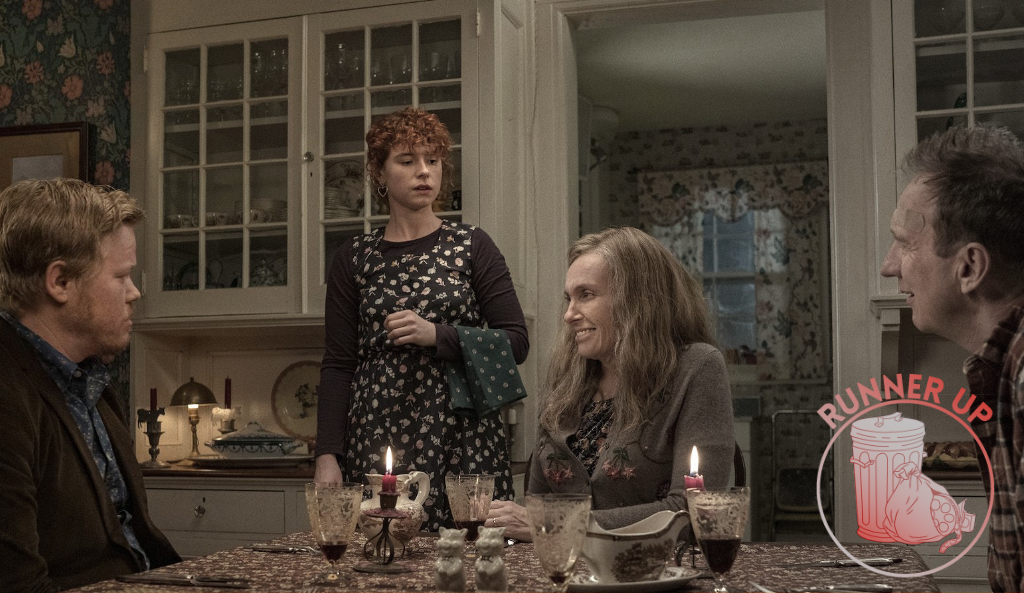
The Golden Bin Awards: Best Adapted Screenplay
March 29, 2021Movies no one else could have made
In this series based on the Oscars Deathrace series of articles I wrote for The Phoenix News over the last few years, I spotlight my personal picks for this year’s Oscars, as well as some notable snubs.

Winner: Nomadland
Adapted from the book of the same name by Jessica Bruder, Chloé Zhao’s Nomadland is a quiet, introspective movie that captures the zeitgeist of post-recession America better than any other film. Though the source material is non-fiction, even journalistic in nature, under Zhao Nomadland becomes a narrative exploration of grief and perseverance, while shining a spotlight on an American subculture unknown to many audiences.
Nomadland follows Fern (Frances McDormand), a middle-aged woman living out of a van, as she drifts between jobs throughout the country. Along the way, Fern meets several other modern nomads, and the film frequently shifts to highlight them and their stories. In doing so, Nomadland just lets them speak, telling emotional, real stories that reveal as much about the world as they do about the characters. Instead of fitting into a conventional plot structure, Zhao adopts a style more like documentary filmmaking. Scenes flow organically as the events of the film are allowed to play out. Zhao captures an intimacy and comradery among the nomads familiar to anyone who’s ever had close friends. As characters come and go, accompanied by long takes of scenery and everyday mundanity, it’s easy to forget you’re watching a film at all.

Runner-Up: I’m Thinking of Ending Things
Iain Reid’s I’m Thinking of Ending Things is an unreliable narrative from a less reliable narrator. Events happen that don’t make sense, details like names, locations, and backstories change at the drop of a hat, and even the characters themselves become arbitrary over time. It’s brilliant once it all fits together, but confusing until it does.
Known for writing surreal films like Being John Malkovich and Eternal Sunshine of the Spotless Mind, Charlie Kaufman is the perfect screenwriter to adapt Ending Things. In his hands, the film immediately conveys the sense that something is wrong. Characters cut off each other’s thoughts, move forward and backward in time effortlessly, and yet only the young woman protagonist ever gets the impression that anything is wrong.
Ending Things plays out like a dream, adapting Reid’s stream-of-consciousness style of storytelling into something that feels at once natural and off-putting. Kaufman brings his own elements into the dialogue, adding a filmmaking flair to the story’s less-than-straightforward nature. One scene has the young woman quote a Pauline Kael film review verbatim, while others have characters recite poetry, or sing showtunes while everyone else awkwardly fails to react.
As the world unravels and characters lose their grip on reality, the movie’s scenes become progressively more abstract. As the actual narrative loses nearly all meaning, Ending Things only grows more effective as a window into its characters’ minds. By the final scenes, the actual narrative progression of the film is completely secondary to the movie’s effective, albeit wildly specific, characterisation.
Ending Things is a unique story that could only be written by Reid, but couldn’t have become a movie in the hands of anyone but Kaufman.
Honourable Mentions:
Emma., The Invisible Man, Pinocchio

